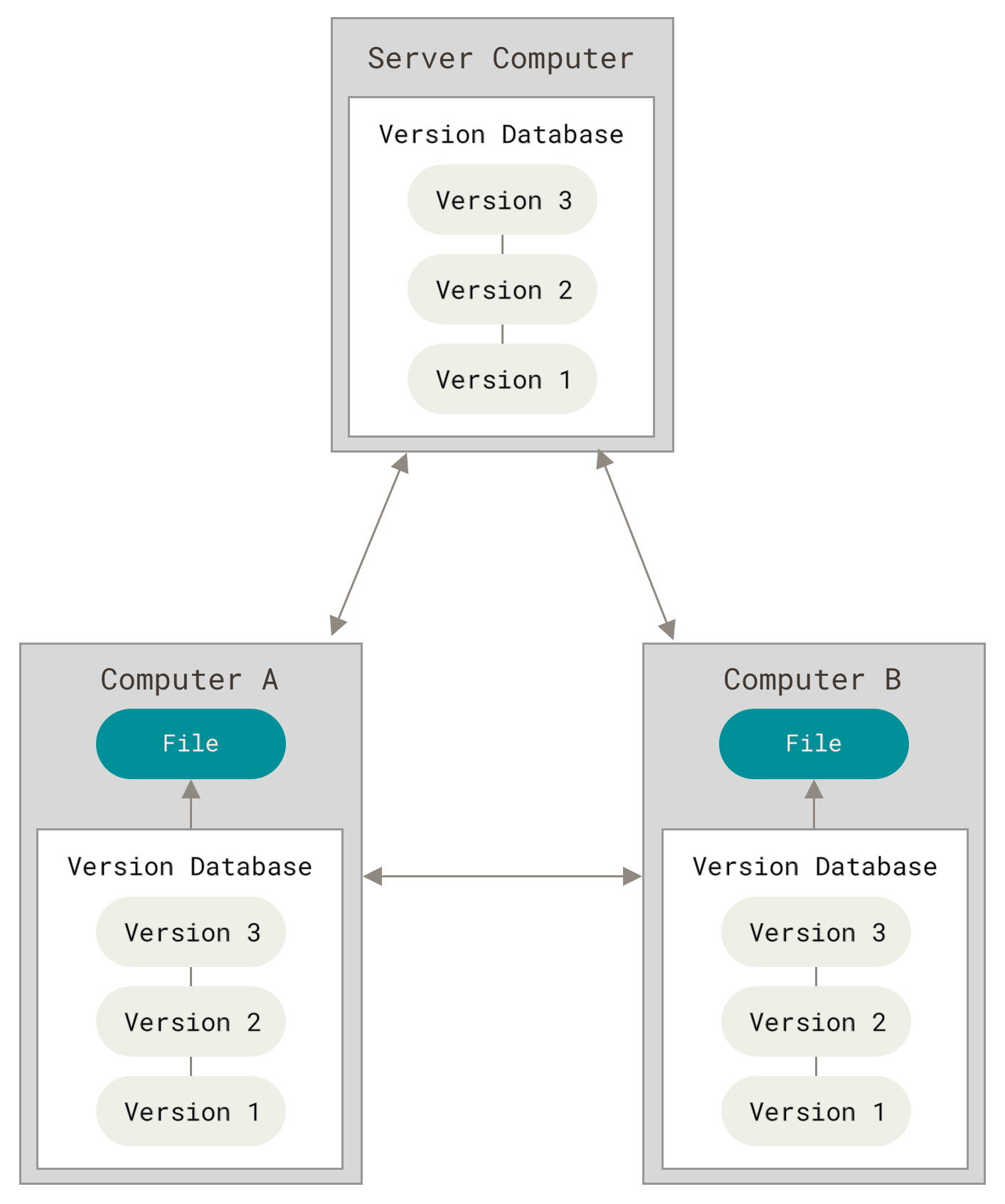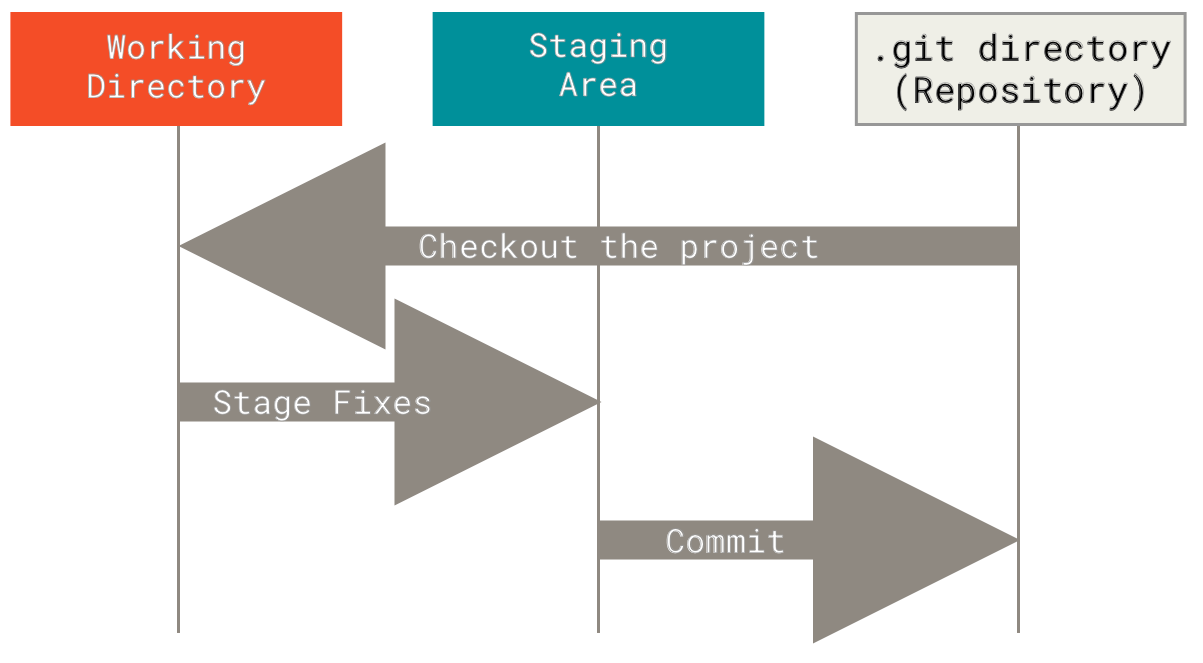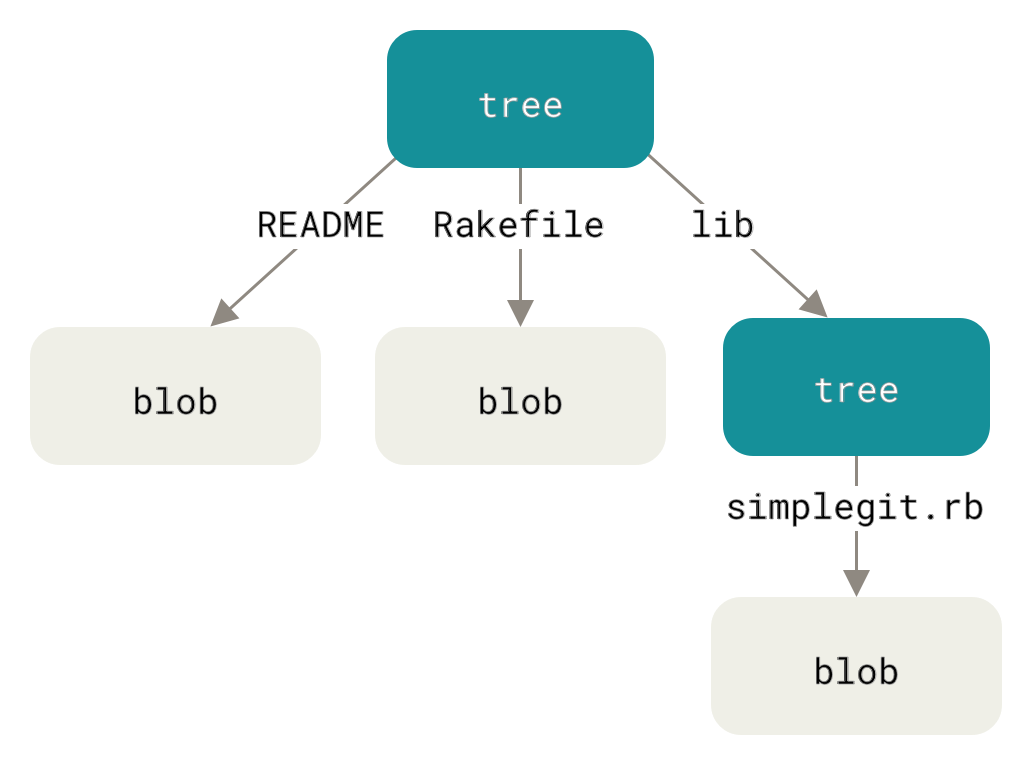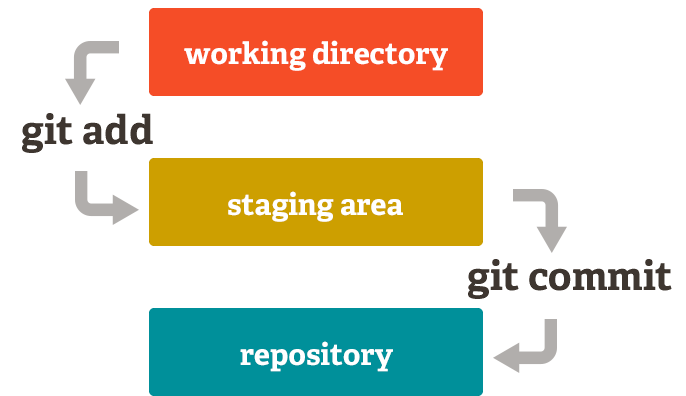What is Git and Why Does It Rule Everything
Git started as Linus Torvalds' middle finger to proprietary version control after BitKeeper revoked the Linux kernel team's free license in 2005.
Linus built Git in two weeks because he was pissed off and needed something that wouldn't suck for managing thousands of kernel developers.

The result changed software development forever. Git's distributed model means every developer has a complete copy of the project history.
No single point of failure, no waiting for a central server to respond, no wondering if your code survived the server crash.
Git's weird architecture choices actually make it blazingly fast. Everything is stored as content-addressed blobs using SHA-1 hashes (moving to SHA-256 in Git 3.0).
When you commit, Git doesn't store file differences
- it stores complete snapshots and uses clever compression to keep things efficient.

GitHub's 2018 acquisition for $7.5 billion proved Git's dominance.
Microsoft didn't just buy a code hosting service
- they bought the infrastructure that runs modern software development. Stack Overflow's 2025 survey shows 93.87% of developers use Git, making it more universal than JavaScript. JetBrains' 2024 survey confirms similar adoption rates across all programming languages.

The Git ecosystem is massive: GitHub hosts over 100 million repositories, GitLab serves enterprises, Bitbucket handles Atlassian integration, and SourceForge... exists.
Git powers everything from personal dotfiles to Microsoft's 300GB Windows repository with over 3 million files.
Git won because everything else either died (RIP SVN), costs a fortune (fucking Perforce), or has zero community (Mercurial).
It's not perfect
- beginners spend months learning to unstage files and veterans still accidentally force-push to main. But Git works, scales, and every tool worth using integrates with it.
The latest Git 2.51 release (August 18, 2025) continues preparing for Git 3.0 with SHA-256 support, performance improvements, and the new reftable backend becoming default. These aren't flashy features, but they'll handle the next decade of exponential repository growth.




